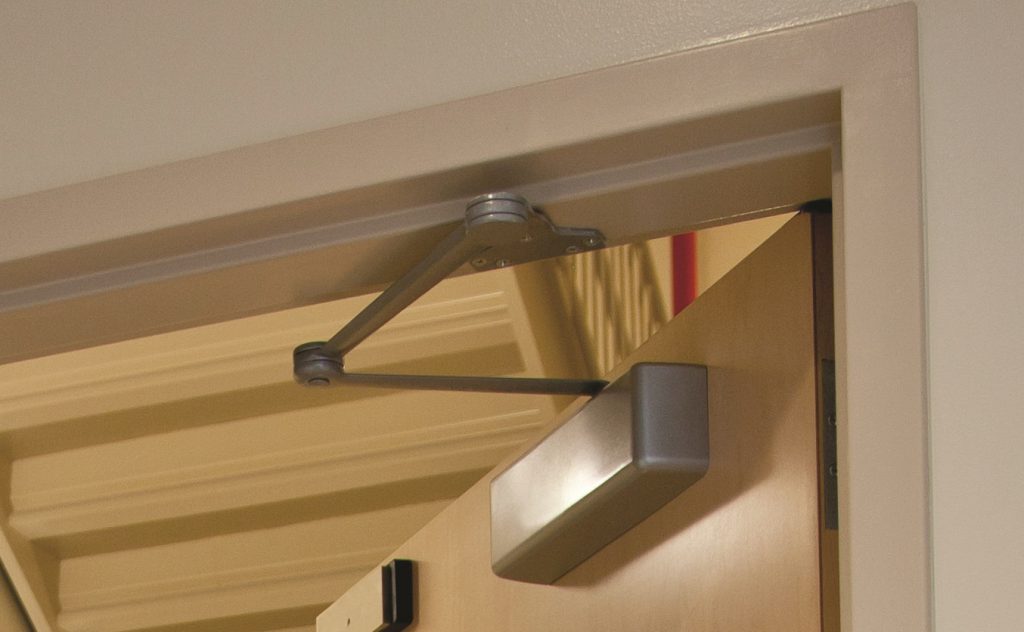Lock Repairs Doctor Perth are expert repairers of hinged door closers.
What are hinged door closers? Door closers for hinged doors are devices that automatically close a door after it has been opened.
Here are some key things to know about them:
- Types of Door Closers: There are several types of door closers available, including surface-mounted, concealed, and floor-spring closers. Each type has its own benefits and drawbacks, so it’s important to choose the right one for your needs.
- How they work: Door closers typically use a hydraulic mechanism to control the speed and force of the door as it closes. They may also have adjustment features for controlling the closing speed and latching force.
- Benefits: Door closers can provide several benefits, including improved security by ensuring that doors are always closed and latched, energy savings by preventing air from escaping or entering through open doors, and convenience by allowing hands-free operation.
- Maintenance: Door closers require periodic maintenance to ensure that they continue to function properly. This may include lubrication, adjustment of the closing speed and latching force, and replacement of worn or damaged parts.
- Installation: Door closers can be installed on most hinged doors, but the installation process may vary depending on the type of closer and the door construction. It’s important to follow the manufacturer’s instructions and use the recommended hardware for a safe and effective installation.
- Codes and Standards: Building codes and standards may require the installation of door closers in certain locations or applications, such as fire-rated doors or doors that provide access to hazardous areas. It’s important to consult these codes and standards when selecting and installing door closers.

- Door Size and Weight: Door closers are designed to accommodate specific door sizes and weights, so it’s important to select a closer that is appropriate for your door. Choosing the wrong closer can result in poor performance or even damage to the door or closer.
- Closing Force: The closing force of a door closer refers to the amount of force required to open and close the door. Building codes and standards typically specify maximum allowable closing forces to ensure that doors are accessible to people with disabilities.
- Adjustability: Many door closers are adjustable, allowing you to control the speed and force of the closing action. This can be helpful for accommodating different door sizes and weights, as well as for ensuring compliance with accessibility standards.
- Compatibility: If you’re retrofitting an existing door with a new closer, it’s important to ensure that the closer is compatible with the door and its hardware. Some door closers may require additional hardware or modifications to the door or frame in order to function properly.
Overall, door closers can be a valuable addition to any hinged door, providing improved security, energy savings, and convenience. By selecting the right type of closer, ensuring proper installation and maintenance, and complying with relevant codes and standards, you can enjoy the benefits of a safe and effective door closer for years to come.
Don’t waste your time trying to do it yourself. We can take your frustration and get it working again, fast.
Speak to Graeme and the team of experts at Lock Repairs Doctor Perth!
Or Call 0431 753 723
